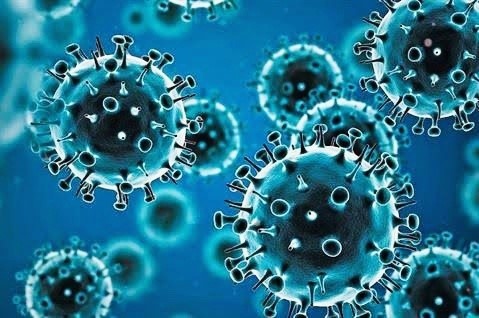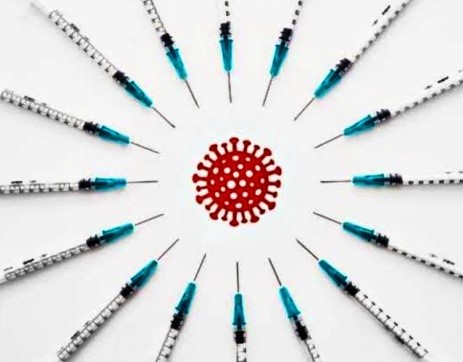What is Omicron?
Omicron is a new variant of novel corona virus SARS-COV-2. The first case of Omicron (Scientific Name B.1.1.529) is reported by the South African scientists to the World Health Organisation (WHO) on 24th November 2021. It is a highly mutated variant and has undergone about 50 mutations. This variant also includes 26-32 changes in the spike proteins. Spike protein is a structure on the virus surface that helps viruses to make an entry into body cells. Delta variant had around 16 to 17 mutations including 9 on the spike protein. It is called as a “Variant of Concern” by the WHO on 26 November 2021. Previous variants of concern included Alpha, Beta, Gamma and Delta.
The World Health Organisation has designated a system for tracking the effects of emerging COVID variants and how they impose risks to global public health. A variant of concern is the highest category in this tracking system. Early available data suggests that Omicron may be associated with increase in transmission rate, influence the effectiveness of vaccine or evasion of immunity acquired through previous COVID infection or vaccine.

Omicron in South Africa
The first case of omicron is detected on 11 November 2021 at Botswana and subsequently in South Africa on 14 November 2021. A sharp and exponential increase in COVID cases is observed in South Africa since the detection of Omicron in the Gauteng Province of South Africa. South Africa reported a 311% increase in new cases between 24th to 30th November, as against the previous week. Globally, more than 54 to 56 countries detected the variant till 8 December 2021, including India.
Omicron in India
The first ever case of Omicron corona virus was detected in India on 1st December 2021 in Karnataka. After that several other cases have been reported in Delhi, Haryana, Maharashtra, Rajasthan and Gujarat.
Are the Omicron symptoms any different than the other COVID variants?
As per Dr.Angelique Coetzee,Chairperson,South African Medical Association who is also credited to detect the first case of Omicron, no unusual symptoms are reported till now. Symptoms observed are fatigue, cough and bodyache. Some of them complain of severe tiredness and headache. But nobody mentioned loss of smell and taste, severely blocked nose or severe temperature. More data and research studies are awaited.

Is Omicron supposed to cause more severe disease?
No alarming concerns raised so far However, unlike previous variants, most cases with Omicron are mild and patients are younger people. It is because this age group is more socially active and have more social interactions and work engagements. However, severe COVID-19 cases typically present a few weeks after the initial symptoms associated with mild disease. So caution should be practiced by the community.
Is RT-PCR tests detecting COVID infection with Omicron?
Yes, just like other COVID variants Sources, RT-PCR can detect COVID infection but not the type of variant causing it. Results and confirmation of the corona virus variants is only done by genome sequencing.
Awareness and education
It is extremely crucial that correct information and quality education should be provided regarding this. Sushant University, one of the top universities of Delhi-NCR, takes cognizance of the same and embeds it in the syllabus. The faculty makes the students learn about the micro-organisms to understand their physiology which helps to develop effective drugs and vaccines for the management of such deadly micro-organisms. An enhanced understanding of the physiology of viruses is important for the development of new drugs. Being the top private university, Sushant University keeps abreast with the changing times.
